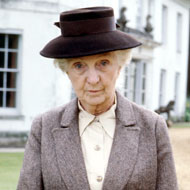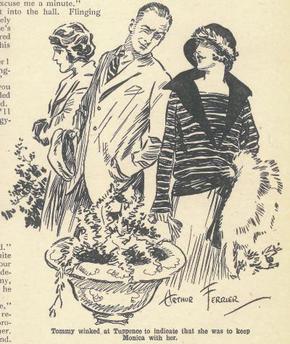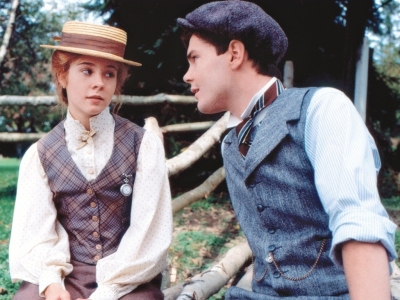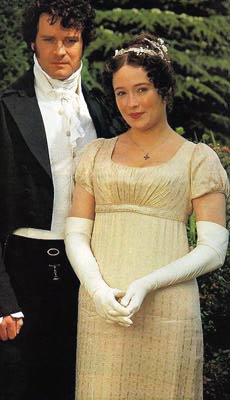This was going to be a post on Jo and Laurie, and why I don’t think they would have been a good couple, but I’ve been ranting about Amy various places lately, and realized that this post needed to mostly be about Jo, with everyone else tossed in as they relate to her.
First of all:
Even though Josephine “Jo” March did not make it to my list of favorite literary heroines, she only missed it by a hair, and only because I already had twelve and couldn’t justify making it any longer. And also because Louisa May Alcott’s moralizing-on-the-brink-of-preachiness style of writing has such a tendency to get under my skin that my irritation with her can bleed into my feelings toward Jo.
But Jo is still an old friend, and someone I admire. Her growth through “Little Women,” and then as she is seen in “Little Men” and “Jo’s Boys,” is both realistic and beautiful – she becomes a gracious and responsible woman without losing any of her strength, her independence, or her individuality. Watching her learn, with the help of her mother, how to control her temper has always been a favorite theme of mine throughout the first book. Watching her as a mother to her two boys, and pseudo-mother to a whole host of other children in the later books, is almost as delightful. Her struggles to accept Beth’s mortality, and the strength that she lends her family during that time; her fierce rebellion against growing up before deciding to turn it to her advantage; her hatred of society’s meaningless conventions … she is a dear, our Jo.
And, of course, her friendship with Laurie. O, that controversial topic. Let me state my position right off the bat:
I do not think Jo and Laurie should have been married.
There. I said it.
Now, hold off on the pitchforks for just a moment and let me explain (then you can all come charging at me again, if you like).
I don’t think Laurie ever really respected Jo enough as a person. He didn’t take her seriously. He was in love with her, that much is true, but emotion alone is not enough to build a strong and lasting relationship. As Jo herself said, he would have resented her writing after a while, because it took her away from him. He would have been embarrassed by her oddities and how awkward she was in society – or worse, he would have been amused by her, and treated her like an exotic possession, to be brought out to startle polite company.
And Jo didn’t take Laurie seriously, either. She never would have believed he truly meant anything he set out to do, and would have treated him with a calm condescension that would have infuriated and deflated his ambitions. She would have sensed that he relied on her as his conscience, and would have resented that. She would try to fit into what she thought he wanted her to be, and hated every minute of it, and ended by hating him.
At least, that’s how I see it. They were the best of friends, but not all best friends should marry. I suppose it made more sense to me as a kid, because, you see, my best friend was a boy, and almost everyone around us assumed that we would fall in love as we got older and get married. We knew, though, that such a relationship would never, ever work, that our temperaments were too alike in crucial areas and too different in others, that the very things that made our friendship so strong would destroy us if we were ever so stupid to fall in love.
And life proved us right, as we are both happily married to other people now, and still very good friends. Ethan was, in fact, the one that introduced me to my husband, and he was best man at our wedding.
Having said all that, I still cannot forgive Amy for marrying Laurie. Or for existing, for that matter. I have never been able to get over the way she destroyed Jo’s book. And I know she almost drowned/froze in the river afterward, but all that did was turn it around so that Jo was the bad guy and Amy the suffering victim. If she had killed a living pet of Jo’s nobody would have let her off so easily. Jo’s book was as alive to her and important as any pet could have been!
And then Europe. If she really was a good person by that point, instead of simply having all the outward appearances of goodness, she could have said to Aunt Carrol, “Thank you so much for your offer, Aunt, but Aunt March did always promise to take Jo and it isn’t right that she should lose this chance just because she was having a bad day due to me forcing her to do something she didn’t like and isn’t good at; please take her with you instead of me.” I hate how she was portrayed so sweet and good, and yet took everything Jo ought to have had, and calmly accepted it as her due. She knew that Laurie loved Jo, and had no way of knowing that Jo didn’t love him, but she fell for him anyway, never once thinking of her sister bearing all the family burdens at home. Selfish beast!
I’ve also never really liked Professor Bhaer, though I can accept him better in the latter two books. Still, though, I get the impression that LMA tossed him in because she knew her readers would never allow her to leave Jo unmarried. Not that I wanted Jo to be alone and single all her days (UNLESS SHE WANTED TO), but the professor was just … bland. There was nothing to him. Jo should have married someone strong, to match her, but gentle where she was sharp, and calm where she was excitable, and vice-versa. Someone with a rich sense of humor and a good view of the world. Someone – and this is very important – practical and fun, who could help her regain some of the spirit she lost during those hard years nursing Beth and after Beth died (while Amy was off in Europe stealing Laurie). Someone who viewed life as an adventure, not a philosophical treatise. Basically, she married her father, and I never liked Mr. March.
Poor Jo. She got cheated by LMA in so many ways. I can understand why so many people wanted her to marry Laurie, because of how gypped she was of a proper happy ending, but I still veer away there. Not Laurie, not a character LMA ever wrote (perhaps because she never met a man like that), but someone, somewhere, had to be a match for our beloved Jo.
And maybe he would have been able to squelch Amy, as nobody else was ever able to do!
What are your thoughts on the Jo-Laurie relationship? Did you like Professor Bhaer? Is boiling in oil too kind for Amy?
















